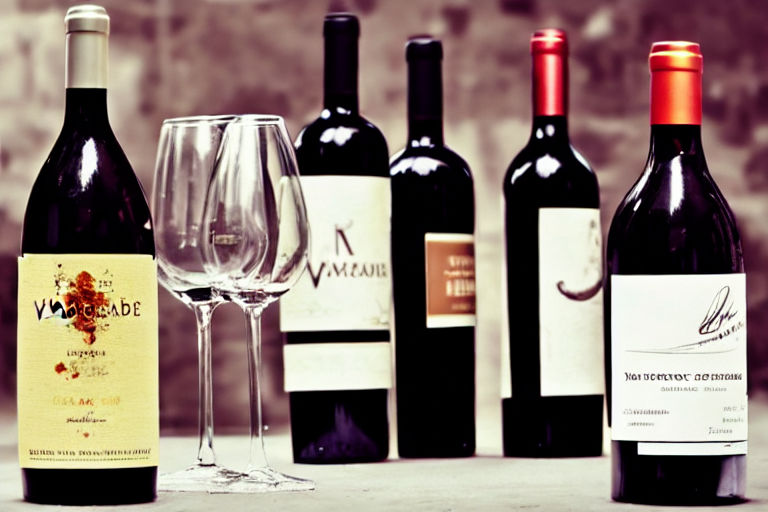The Science of Wine Aging: Understanding How Age Affects the Flavor and Balance of Your Wine
Wine is something that can be enjoyed in its youth, but often it is the aged bottles that are the most sought after. There is something special about opening a bottle of wine that has been in storage for several years, or even decades. But why is this the case?
The Aging Process
In order to understand how aging affects wine, we first need to understand the aging process itself. When wine is produced, it is made up of a complex combination of compounds, including acids, sugars, and tannins, among others. Over time, these compounds can react with one another, or with oxygen, and undergo chemical transformations, which can lead to changes in the wine's aroma, flavor, and overall balance.
However, not all wines are created equal when it comes to aging. Certain grape varieties, such as Cabernet Sauvignon, Merlot, and Syrah, are generally considered to be more age-worthy, due to their high tannin and acidity levels, which act as natural preservatives. Wines from certain regions, such as Bordeaux or Barolo, also tend to age well, due in part to their high tannin levels.
The Effects of Aging
So what exactly happens to a wine as it ages? There are several changes that can take place, including:
- Softening of tannins: Tannins, which give wine its structure and mouthfeel, can become less astringent over time as they bind to other compounds in the wine.
- Oxidation: As wine is exposed to oxygen over time, it can undergo oxidation, which can lead to changes in color, aroma, and flavor.
- Development of secondary and tertiary aromas: As wine ages, it can develop a range of new aromas and flavors, such as leather, tobacco, and dried fruit.
- Loss of fruit flavors: Over time, a wine's primary fruit flavors can become more muted, giving way to more complex, secondary flavors.
Aging Your Wine
If you have a bottle of wine that you think could benefit from aging, it's important to store it properly. This means keeping it in a cool, dark place, with as little exposure to light and temperature fluctuations as possible. It's also a good idea to store your wine on its side, so that the cork stays moist and doesn't dry out.
It's also worth noting that not all wines are meant to be aged. In fact, the vast majority of wines are meant to be consumed within a few years of their release. This includes most white wines, as well as lighter-bodied red wines. If you're not sure whether a particular wine is meant for aging or not, it's always worth doing a bit of research beforehand.
The Bottom Line
Aged wine can be a truly special experience, but it's important to understand the science behind the aging process in order to fully appreciate the wine that you're drinking. Knowing which wines are meant for aging, how to store them properly, and what changes to expect as they age can help you make the most of your wine collection.



